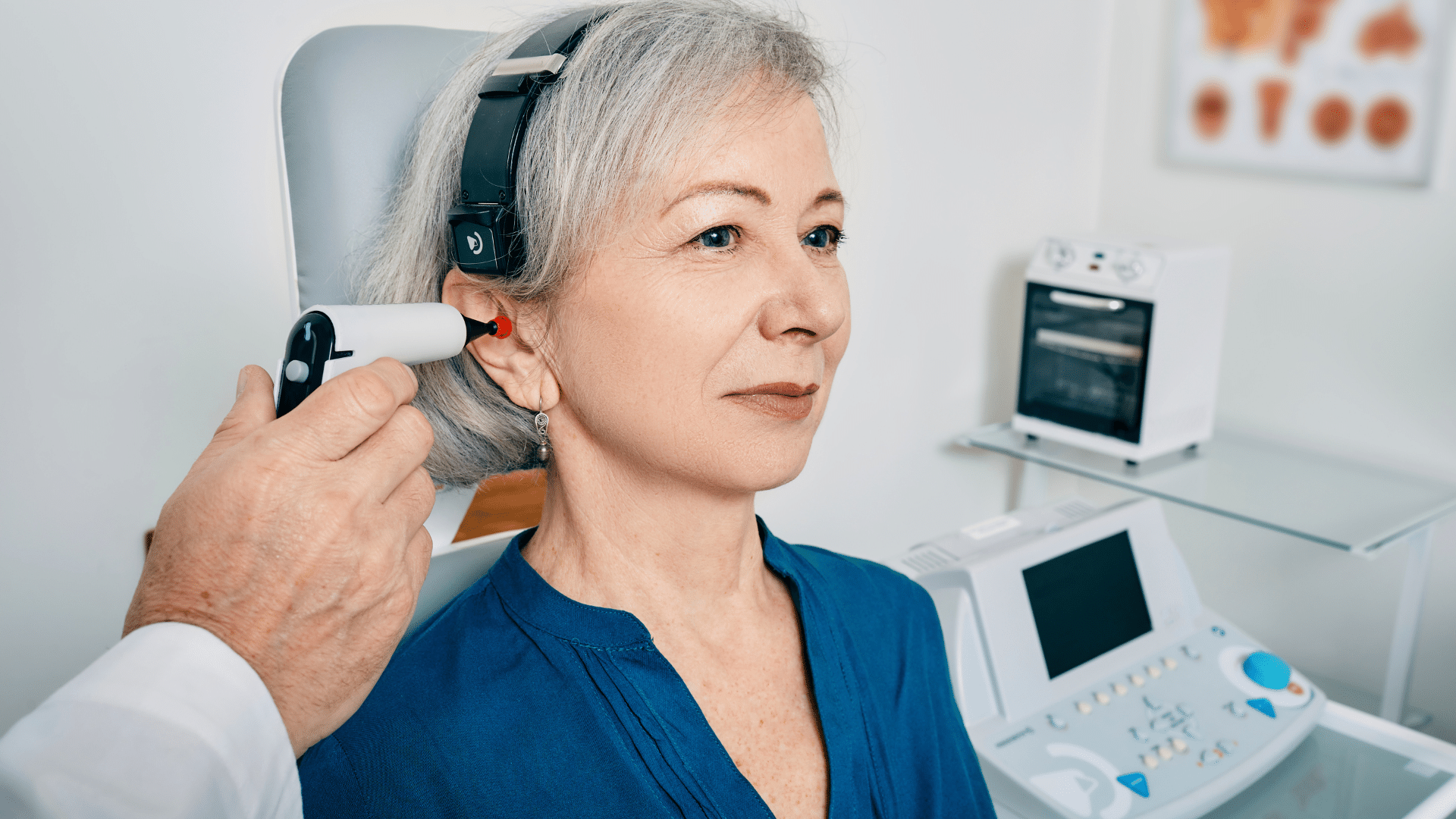The link between good hearing and mental health is well-documented. Hearing well allows you to stay connected with your family and friends, engage in social interactions, and participate actively in various aspects of life. Because of that, addressing hearing loss early can help prevent or delay cognitive decline and reduce the risk of isolation and loneliness, which are known to have detrimental effects on mental health. Understanding the importance of good hearing and its impact on mental health can help improve personal circumstances or those of a loved one.
Understand the link between hearing and mental health
Hearing loss goes beyond just affecting our ability to hear; it is closely linked to cognitive decline and mental well-being. The inability to effectively perceive and process sounds can impact memory, thinking, and decision-making. Research has proven a direct correlation between untreated hearing loss and an increased risk of developing dementia. The brain’s ability to process sound is shown to help maintain mental acuteness.
Hearing directly impacts a person’s independence and confidence, allowing individuals to live with autonomy. The ability to hear and communicate effectively gives a person the confidence to engage and communicate with others. Without that ability, those with impaired hearing avoid interactions and become isolated.
Impact of hearing loss on daily life
Living with hearing loss can bring about several challenges in social situations. You may find it difficult to follow conversations in noisy environments or comprehend speech when multiple people are talking simultaneously. This struggle can lead to feelings of frustration, embarrassment, and isolation when you are unable to fully participate in social interactions.
Hearing loss can also make it hard to stay connected with loved ones. Whether it’s struggling to hear grandchildren playing or having difficulty understanding conversations with family members, these challenges can strain relationships. This can lead to feelings of frustration and a sense of disconnection from those you care about.
Recognize signs of hearing loss
Hearing loss can happen in any number of ways, but recognizing the signs is the first step to early intervention. Common symptoms include speech and other sounds seeming muffled, difficulty hearing high-pitched sounds, and struggling to comprehend conversations, especially in noisy environments. Asking others to speak slower or louder and consistently turning up the volume on electronic devices could indicate potential hearing issues.
The gradual nature of hearing deterioration is often overlooked, as it may not be immediately noticeable. Individuals might not realize they are missing certain sounds or struggling to comprehend speech until the condition has significantly progressed. This gradual decline can lead to a delay in seeking help, as the nature of the changes can make it easier to adapt and overlook the signs of hearing loss.
Many people delay seeking help for hearing issues due to various reasons. In part, people view hearing loss as a sign of getting older and they aren’t ready to accept that reality. Others believe there is a stigma associated with hearing aids and underestimate the impact of hearing loss on daily life.
Understanding the reasons behind delaying seeking help can help individuals overcome these barriers and take the necessary steps to address their hearing issues promptly.
Health benefits of timely hearing aid use
Whether a person experiences mild or severe hearing loss, timely use of hearing aids can have an enormous impact on a person’s mental health and overall well-being.
Improving a person’s ability to participate in conversations, hear important information, and engage with others, hearing aids can help them regain confidence and reconnect with friends.
Studies have shown that untreated hearing loss can be linked to cognitive decline and an increased risk of conditions like dementia. However, by using hearing aids to address hearing loss, individuals have reported improvements in memory and cognitive functions.
There’s also a physical impact on hearing. Untreated hearing loss has been associated with an increased risk of falls and accidents. By using hearing aids to improve awareness of environmental sounds and speech, individuals can enhance their overall safety and reduce the risk of falls.
When hearing aid use is embraced, individuals will experience a number of health benefits, from more frequent and meaningful social interactions, to better cognitive functions, to enhanced overall physical health.







